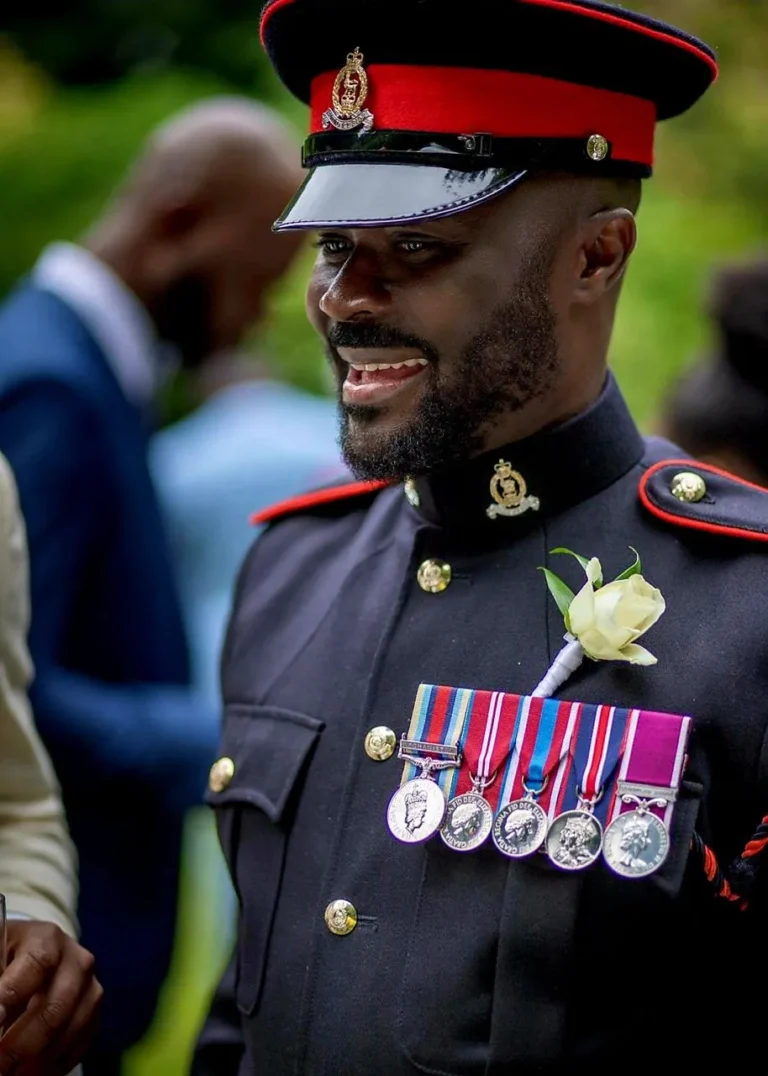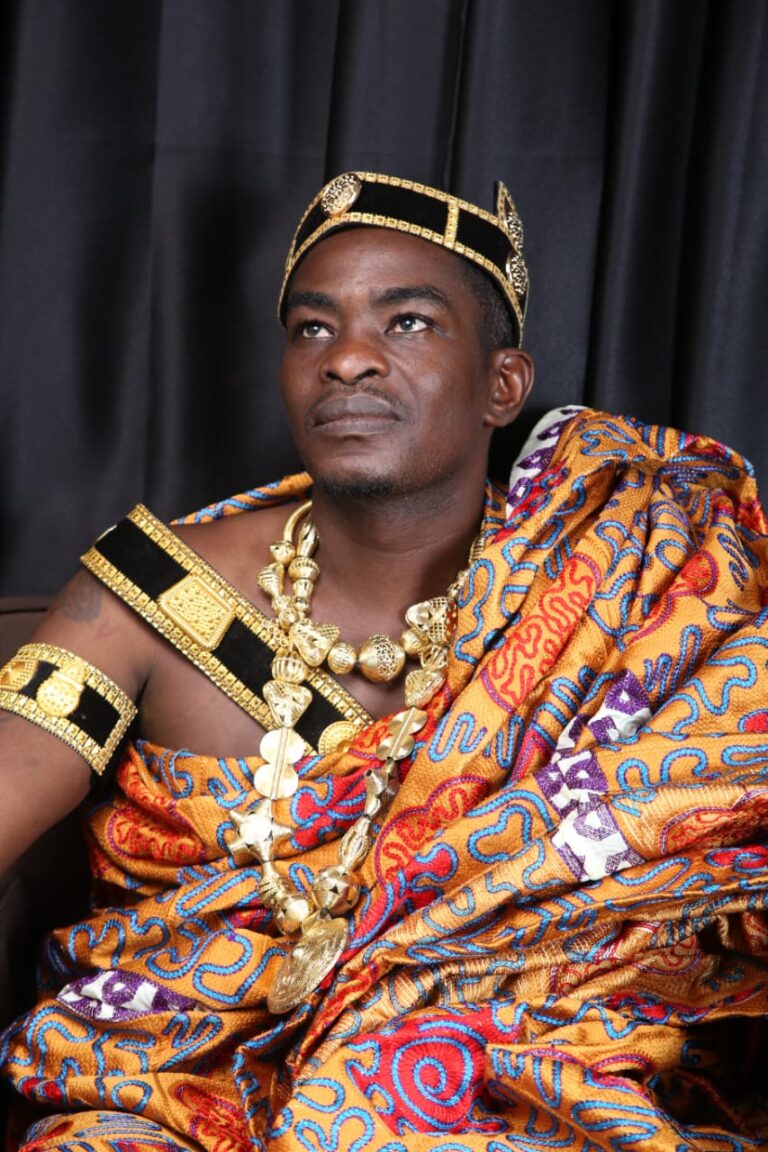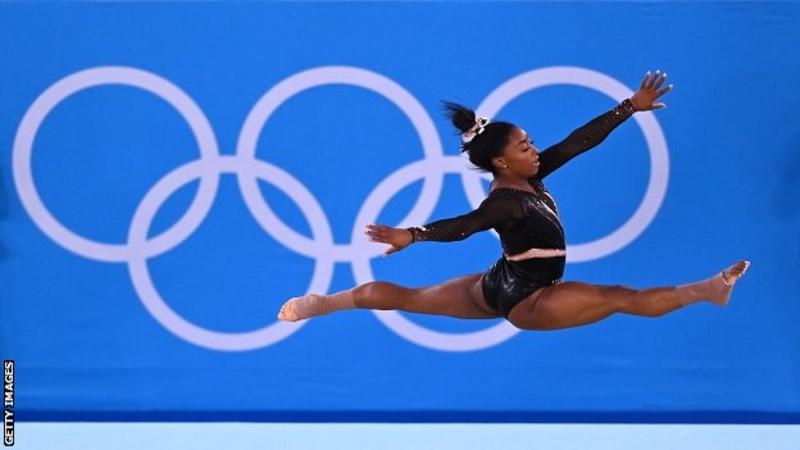
Tokyo Olympics: A Games in a pandemic, new sports, British medal hopes and global stars to watch
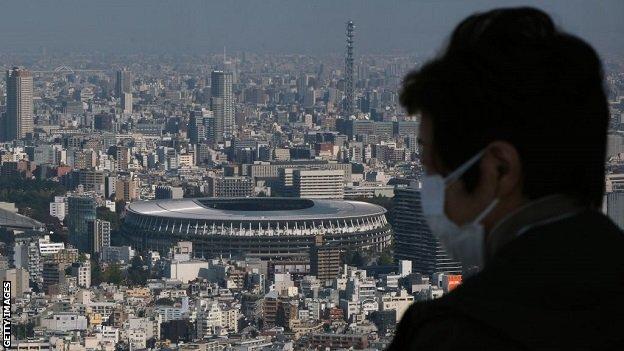
The Tokyo Olympic Games are upon us. They look and feel different to any other Games of times gone by, but they are here. At last.
With an unexpected additional year of preparation under their belts, more than 11,300 athletes from 207 nations will compete over the next couple of weeks, all vying to get their hands on the medal they’ve worked so long for.
When the Games were postponed in March 2020, organisers said the Olympic flame “could become the light at the end of the tunnel”. With the Covid-19 pandemic still raging worldwide, that metaphorical tunnel is still being traversed, but Friday’s opening ceremony offers a glimmer of that light.
“I think it will be a moment of joy and relief when entering the stadium, a moment of joy in particular for the athletes because I know how much they are longing for this moment,” said International Olympic Committee president Thomas Bach.
“Then they can finally be there, they can enjoy this moment under very special circumstances.”
An Olympics in a pandemic
Masks, quarantine, saliva tests. Make no mistake, these are an Olympics like no other.
With Tokyo in a state of emergency throughout the Olympics after a spike in Covid-19 infections, the Games have come under huge criticism from the Japanese public, the majority of whom have said they want the Olympics to be cancelled or postponed again.
But safety is paramount for the organisers, and huge precautions are being taken, including holding the Games behind closed doors with no fans, from either Japan or overseas, being permitted inside venues.
As for the athletes, they are under strict restrictions too. They must wear a face mask at all times – except when eating, drinking, training, competing or sleeping – and minimise physical interaction with others, and are being tested for Covid-19 every day.
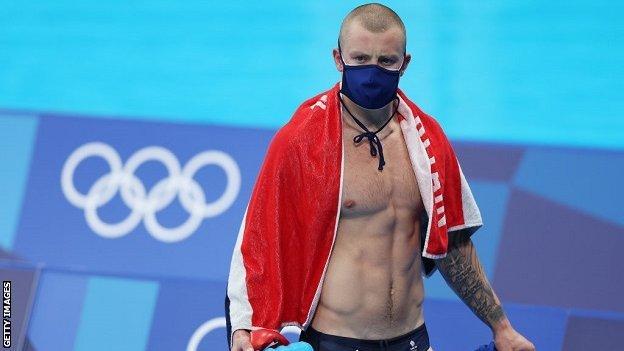
But unfortunately the virus has affected the Games already, before they have officially started.
On Friday, 19 new cases of Covid-19 were reported, bringing the total of cases related to Games personnel to 106. There have been 11 positive cases among athletes in Tokyo.
Six Team GB athletes have had to isolate in their rooms after being identified as close contacts of someone on their flight who later tested positive for Covid-19.
US tennis player Coco Gauff had to pull out of her debut Games after testing positive before arriving in Tokyo, while Team GB’s Dan Evans and Johanna Konta and world number one shooter Amber Hill withdrew for the same reason.
What’s new?
There will be a record 339 medal events held across 33 sports, with five new sports – and 34 new events in total – added to the Tokyo 2020 programme by the IOC. Some 48.8% of athletes competing at the Tokyo Olympics are women – a record figure.
The five new sports are karate, skateboarding, sport climbing, baseball/softball and surfing. Baseball and softball technically aren’t ‘new’ sports on the Olympic programme, but they haven’t been contested at a Games since Beijing 2008.
New events have been introduced to the boxing, canoe slalom, canoe sprint, cycling, rowing and swimming programmes, while there are new mixed-gender events including a 4x100m mixed medley relay in swimming and a mixed relay in triathlon.
These sports have been introduced in a bid to attract younger audiences and reflect “the trend of urbanisation of sport”.
IOC president Bach said: “We want to take sport to the youth. With the many options that young people have, we cannot expect anymore that they will come automatically to us. We have to go to them.”
This year’s Games are also doing their bit for sustainability. The medals are made from recycled mobile phones, while the Olympic torch was made from aluminium waste from temporary housing built in the aftermath of the 2011 Great East Japan Earthquake.
Only eight new competition venues have been built from scratch, while much of the energy powering Tokyo 2020 comes from renewable sources.
In total, the Games will cost £11.5bn, up 22% because of the one-year delay.
British medal expectations
For the first time in 125 years, Team GB have chosen more female athletes than male to compete in an Olympics, with 201 of the 376 athletes originally selected being women. There will be British representation in 26 of the 33 Olympic sports in Tokyo.
Team GB won 65 medals at London 2012, increasing to 67 in Rio four years later. In Tokyo, UK Sport says it hopes between 45 and 70 medals will be won.
This has reduced from the ambition of between 54 and 92 medals that was set in 2018, taking into account the “extraordinary circumstances” presented to athletes and staff in the build-up to the Games.
But who will win those medals?
Swimmer Adam Peaty (100m breaststroke), gymnast Max Whitlock (pommel horse) and taekwondo star Jade Jones are tipped to retain their gold medals from Rio, with Jones – the 57kg winner in London and Rio – bidding to become the first British female athlete to win gold at three successive Olympic Games.
Track cyclists Jason and Laura Kenny both have the chance to become GB’s most successful Olympian – Jason is currently tied for the record with Sir Chris Hoy on six golds, while Laura is already Britain’s most successful female Olympian with four golds.
Sprinter Dina Asher-Smith is the face of the Games for Team GB and has medal chances in the 100m and 200m, while skateboarder Sky Brown, GB’s youngest Olympian at just 13, is a medal contender in the women’s park event.
Sailor Hannah Mills and rower Mohamed Sbihi will lead Team GB into Friday’s opening ceremony, with Tokyo being the first Olympics at which nations can select two flag bearers in a bid to increase gender equality.
Global stars to watch
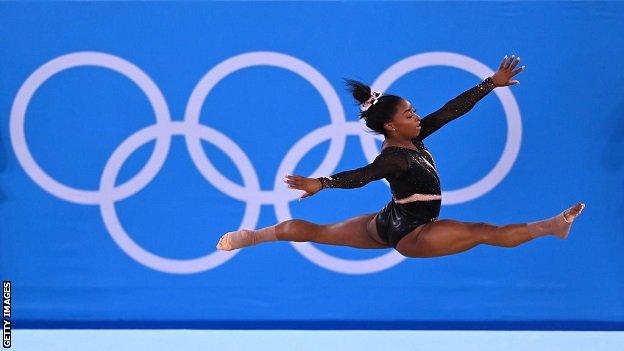
American gymnast Simone Biles was one of the standout stars in Rio five years ago.
The 24-year-old won four golds and one bronze at her debut Games and is set to compete in all five events again. If she defends her all-around title she would be the first Olympic gymnast to do so since 1968.
Two more Americans are expected to dominate in the swimming pool. Caeleb Dressel has ‘just’ the two Olympic golds so far but the 24-year-old is favourite to win up to six gold medals in Tokyo, while Katie Ledecky, who won four golds in Rio to add to her one from London 2012, is expected to compete in up to six events.
In the Olympic Stadium, look out for Jamaica’s six-time Olympic medal-winning sprinter Shelly-Ann Fraser-Pryce as well as Swedish pole vaulter Armand Duplantis.
Serbia’s tennis world number one Novak Djokovic continues his pursuit of a Golden Grand Slam, having won the Australian Open, French Open and Wimbledon titles this year, and needing the Olympic and US Open titles to complete the feat.
But arguably one of the most anticipated performances of the Tokyo Games will come from 43-year-old transgender weightlifter Laurel Hubbard.
New Zealand’s Hubbard, who broke male national records as a junior, will be the first trans athlete to compete at the Olympics in an individual event – the women’s 87kg category.
Source: bbc sports




